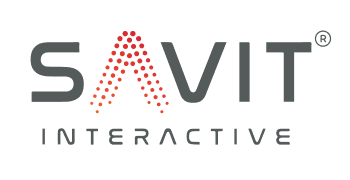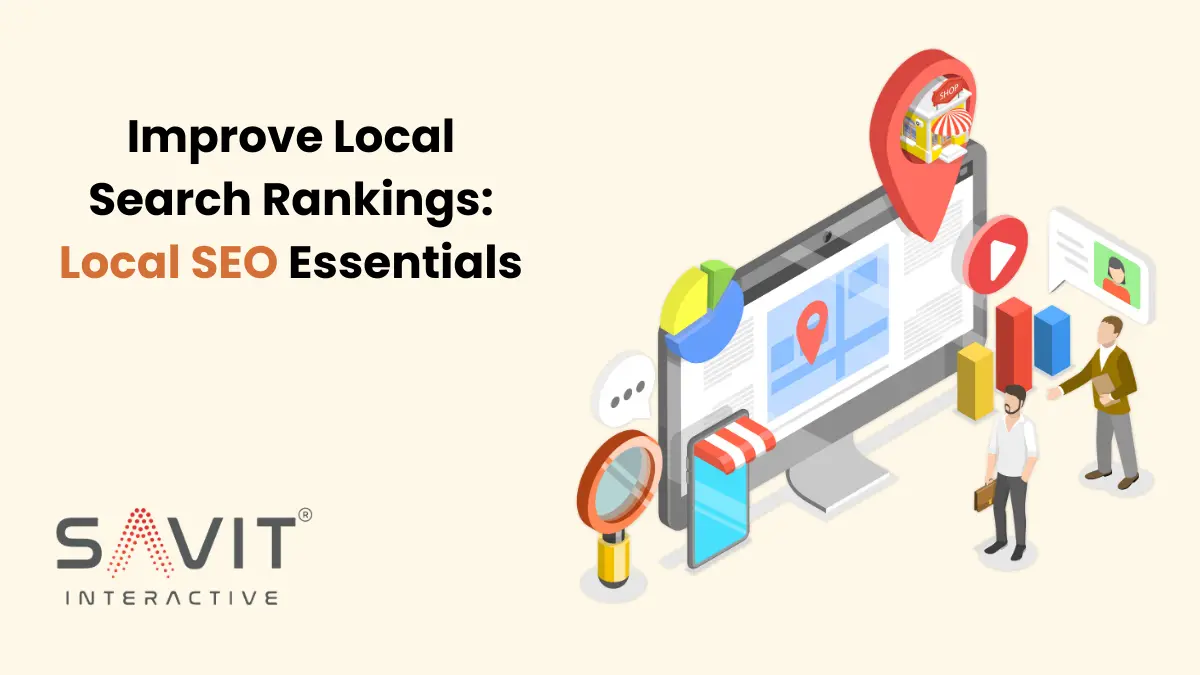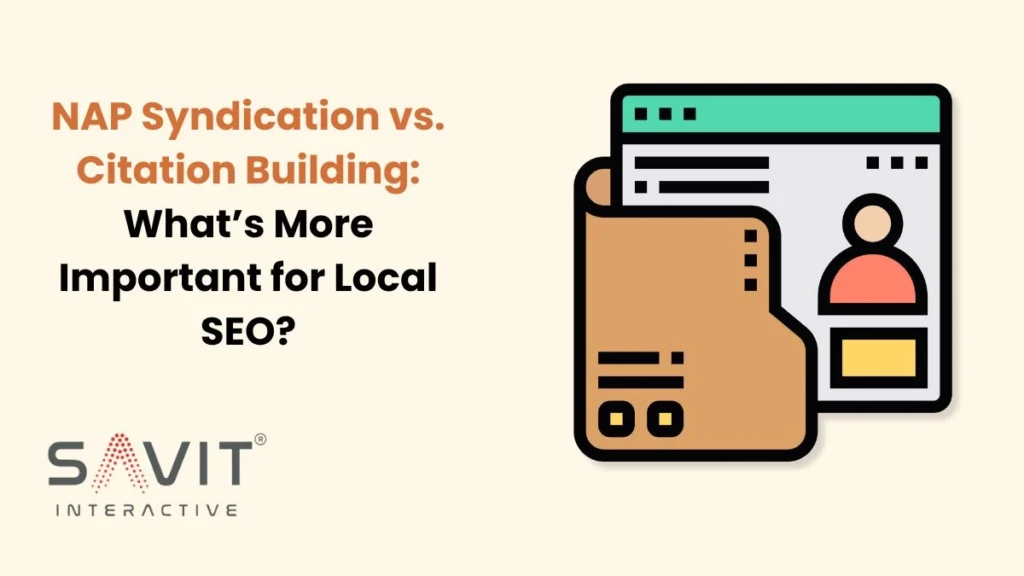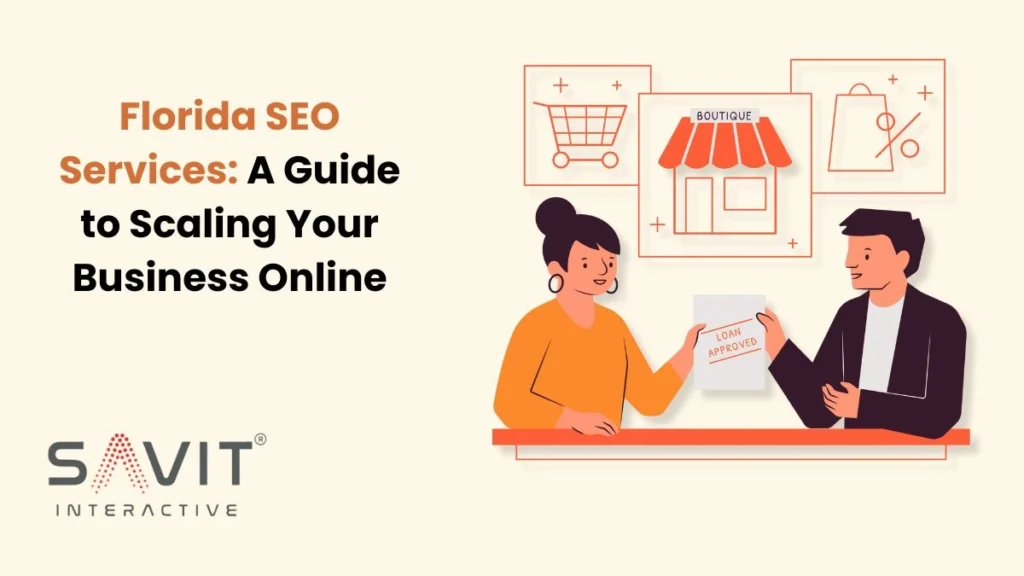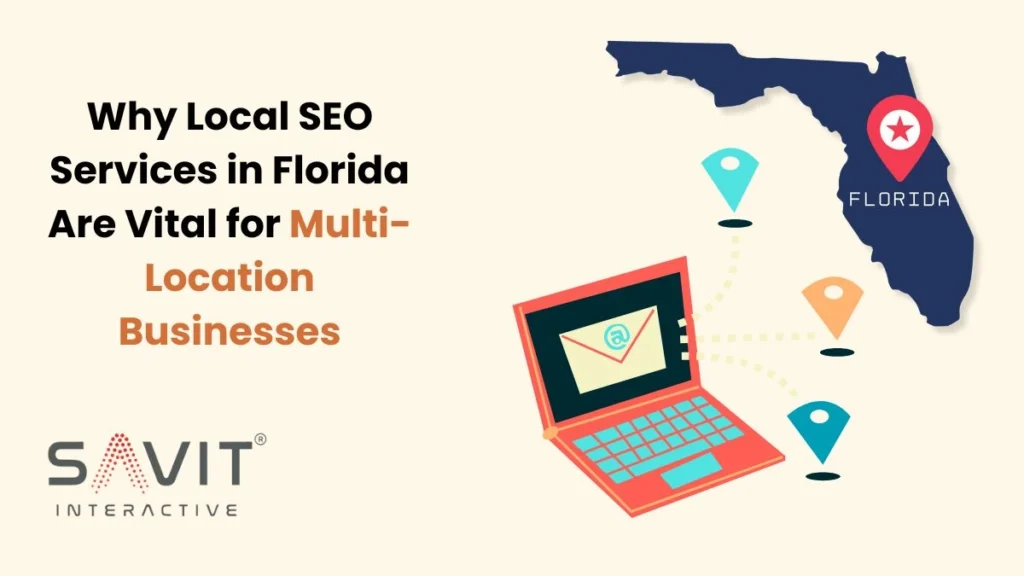Local visibility for businesses is more important than ever in the current digital era. Your potential clients are looking for goods and services in their immediate area, whether you run a successful e-commerce site, a busy gym, or a small coffee shop. Here’s where local SEO, a niche area of SEO aimed at improving your visibility in local search results, comes into play.
In order to make sure that your company stands out in your neighborhood and attracts more customers, this blog will walk you through the crucial processes of optimizing it for local search results.
Understanding Local SEO
What is Local SEO?
The strategic process of optimizing your online presence to make your company stand out in local search results is known as local SEO. While general SEO focuses on a wide range of users, local SEO targets users who are specifically looking for goods and services in a given area. Making sure your company appears when someone in the area is looking for what you have to offer is all that matters.
Why is Local SEO Important?
For local businesses, local SEO is essential because it directly impacts your visibility in local searches. When someone searches for a “best local gym” or “top-rated coffee shop near me,” you want your business to appear at the top of those results. Effective local SEO can lead to increased foot traffic, enhanced brand presence, and a significant boost in local engagement.
Essential Components of Local SEO
Google My Business Optimization
Getting your Google My Business (GMB) listing optimized is one of the main components of local SEO. Businesses can manage their online presence across Google with the help of an SEO Company, including Search results and Maps. Here is how even you can do it:
- Claim and Verify Your Listing: Ensure your business is listed on Google and verify it to gain control over your information.
- Complete Your Profile: Fill out every section of your GMB profile, including business hours, contact information, and categories.
- Add Photos and Updates: Regularly update your listing with high-quality images and posts to engage with potential customers. 3
Local Citations and Listings
Mentions of your company on other webpages, directories, and social media platforms are referred to as local citations. These citations assist search engines in determining the veracity of your company and raise your local listing. Make sure that your Name, Address, and Phone Number (NAP) remain the same on all of the platforms. Important directories include Yelp, the Yellow Pages, and websites specific to your industry that are pertinent to your company.
Local Keyword Targeting
Using local keywords is crucial for optimizing your site for local search. Conduct thorough keyword research to find terms and phrases that your target audience uses. Tools like Google Keyword Planner and SEMrush can help you identify these keywords. Incorporate them into your website content, including titles, meta descriptions, and headers, to enhance your local relevance.
On-Page SEO for Local Visibility
Title Tags and Meta Descriptions
Title tags and meta descriptions are fundamental elements of on-page SEO. Crafting localized versions of these elements can significantly improve your local search visibility. For example, instead of a generic title like “Best Coffee Shop,” use “Best Coffee Shop in [Your City] | [Your Business Name].” This approach helps search engines understand your geographic relevance.
Header Tags and Content Optimization
Header tags (H1, H2, H3) and content optimization are critical for structuring your web pages. Use header tags to organize your content logically and incorporate local keywords naturally. For instance, if you run a local gym, a header tag might be “Top Fitness Classes in [Your City].” Ensure your content is informative and valuable to your local audience.
Local Landing Pages
Creating location-specific landing pages can boost your local SEO efforts. If your business has multiple locations, create individual pages for each one, optimizing them with local keywords and unique content. This tactic helps you target various local markets and improves your chances of ranking in local searches.
Off-Page SEO Strategies for Local Businesses
Backlink Building
Backlinks, or connections to your website from other websites, are essential to search engine optimization. In order to improve your local SEO, concentrate on obtaining backlinks from local websites, blogs, and business associations. Your domain authority and local search rankings can be improved by receiving backlinks of high quality from reliable websites.
Social Media Engagement
Social media sites work wonders for increasing local exposure. Post updates, special offers, and information about nearby events to interact with your audience on social media. Customers should be encouraged to check in and write reviews at your establishment. Social media signals can drive traffic and engagement, which can have an indirect impact on your local SEO performance.
Enhancing Local SEO Through Content Marketing
Creating Localized Content
Developing content tailored to your local audience is a powerful way to enhance your local SEO. Write blog posts, articles, and guides that address local topics and highlight community events. For instance, if you own a salon, create content around “Best Hair Care Tips for [Your City] Residents.” Localized content helps establish your business as a community authority and attracts local traffic.
Utilizing Blog Posts and Infographics
Infographics and blog posts work well for drawing visitors and keeping readers interested. Distribute educational and eye-catching content that speaks to regional passions. While blog posts can offer in-depth insights into regional trends and issues, infographics can take complex information and make it more easily shared.
Technical SEO Considerations
Website Speed Optimization
A fast-loading website is crucial for both user experience and SEO. Slow-loading sites can frustrate users and lead to higher bounce rates. Use tools like Google PageSpeed Insights to analyze your site’s performance and implement recommendations to improve loading times.
Mobile-Friendliness
With an increasing number of users accessing websites via mobile devices, ensuring your site is mobile-friendly is essential. A responsive design that adapts to different screen sizes can enhance user experience and improve your local search rankings.
Site Structure and Navigation
A well-organized site structure and intuitive navigation are important for both users and search engines. Ensure that your website is easy to navigate, with clear categories and a logical hierarchy. This structure helps search engines crawl your site effectively and improves overall user experience.
Monitoring and Adapting Your Local SEO Strategy
Performance Tracking
Sustaining your success in local search engine optimization requires regular performance monitoring. Utilize analytics software such as Google Analytics and Google Search Console to monitor user behaviors, website traffic, and search engine rankings. You can find areas for improvement and modify your approach by analyzing this data.
Adapting to Algorithm Changes
The regular updates that search engines make to their algorithms can affect the rankings of your local search results. Keep yourself updated about these modifications and modify your SEO strategies to adhere to the new guidelines. Keeping up with search engine and industry updates guarantees the continued efficacy of your local SEO campaigns.
Common Mistakes to Avoid in Local SEO
Neglecting Local Listings
One common mistake is neglecting local listings or failing to keep them consistent. Inaccurate or missing information can harm your local search rankings. Regularly update your listings and ensure that your NAP details are correct across all platforms.
Ignoring Customer Reviews
A vital part of local SEO is customer reviews. The reputation of your company may suffer if you ignore reviews or don’t reply to them. Take an active approach to managing your reviews, reply to client correspondence, and motivate happy clients to write favourable reviews.
Conclusion
A comprehensive strategy that includes on-page and off-page SEO tactics, local keyword targeting, Google My Business optimisation, and continuous performance monitoring is required to optimise your company for local search results. You can increase your local visibility, attract more customers to your establishment, and establish a powerful local presence by concentrating on these crucial elements.
Consider collaborating with Savit Interactive, an established SEO marketing company, if you’re searching for professional help navigating the complex waters of local SEO. Our experience can assist you in putting strategies into practice and achieving your local SEO objectives.
